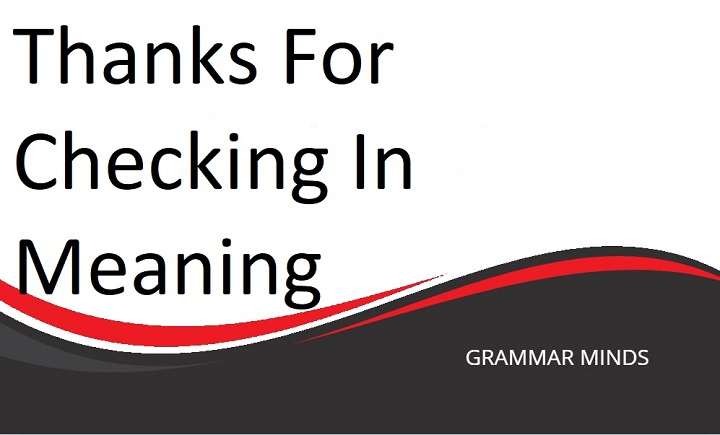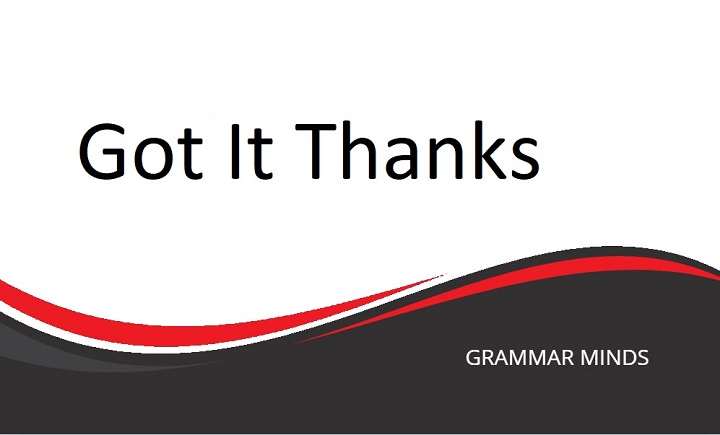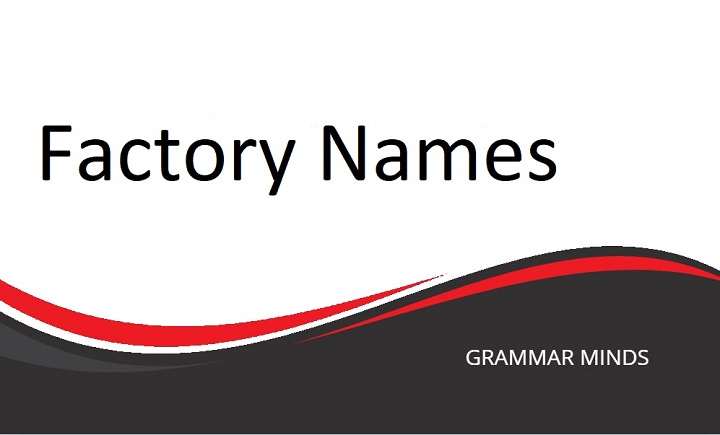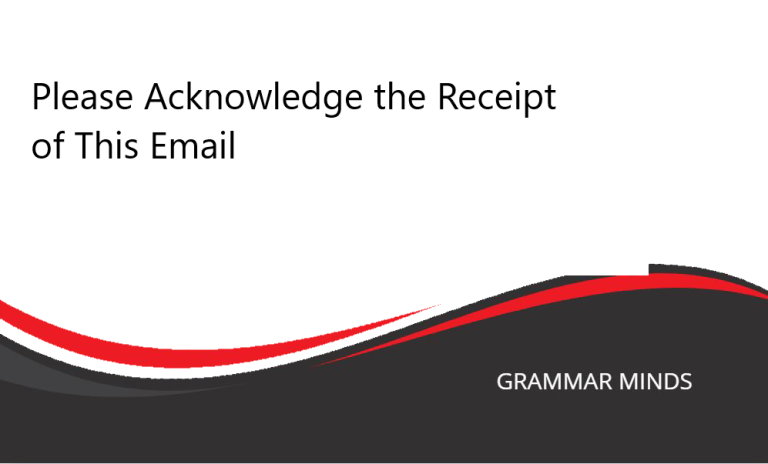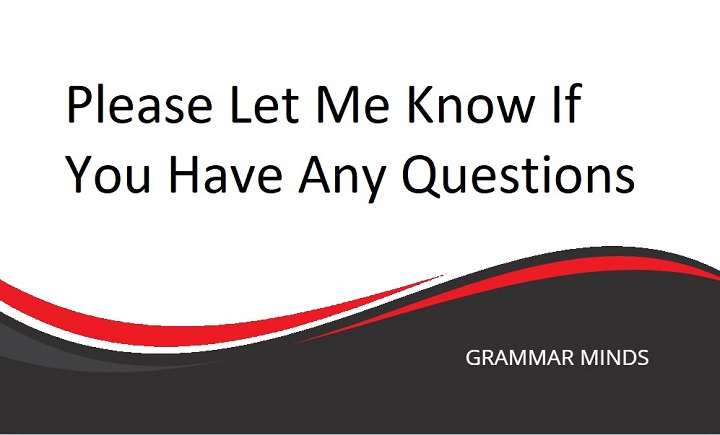We’ve all been there—it’s Monday morning, and you’re getting ready to check in with colleagues or friends. You want to greet them warmly, but you find yourself typing the same phrase over and over: “Hope you had a great weekend.” While it’s a friendly and polite way to start a conversation, it can sometimes feel a bit repetitive.
Do you find yourself using the phrase “hope you had a great weekend” repeatedly?
Have you grown tired of this repetitive expression when communicating in your professional or personal life?
Don’t worry! We’ve compiled a handy list of alternative phrases that you can use to mix things up and sound more varied in your conversations.
Whether you’re writing an email to a colleague or catching up with a friend, these alternatives will help you express the same sentiment with a fresh twist.
Other Ways to Say “Hope You Had a Great Weekend”
I trust your weekend was wonderful
If you want a slightly more formal approach, this phrase does the trick. It’s thoughtful, professional, and suitable for work emails.
Did you get up to anything exciting over the weekend?
This alternative is a conversational and engaging way to start a discussion. It invites the other person to share what they did, making it perfect for casual or informal chats.
I hope your weekend was relaxing
Sometimes, weekends are all about rest. This phrase is great for connecting with someone who may have needed a break after a busy week.
How was your weekend?
Short and simple, this phrase keeps things direct and open-ended, allowing for easy follow-up.
I hope your weekend treated you well
This is a versatile phrase that can be used in both formal and informal contexts. It adds a touch of sincerity while remaining professional.
Did you have a fun weekend?
A light and upbeat alternative, perfect for informal conversations with friends or coworkers you’re familiar with.
I trust you had a restful weekend
This is another formal alternative that carries a sense of calm and composure, suitable for work emails or messages.
I hope you enjoyed your weekend
Another straightforward and friendly option that works in both professional and casual settings.
I hope you had a fantastic weekend
A slight variation of the original phrase but with more enthusiasm. This works well in both work and personal communications.
Did you have a chance to unwind over the weekend?
This one is especially useful if you know the person has been stressed or busy recently. It shows empathy and care.
Key Notes
“Hope you had a great weekend” is grammatically correct and suitable for both formal and informal situations. However, it can sometimes feel a bit basic, especially if you’re using it frequently in emails or text messages.
- You can use “I trust your weekend was wonderful” for more formal situations, especially in professional emails or official correspondence.
- “Did you get up to anything exciting over the weekend?” is a great informal alternative to “hope you had a great weekend” for more casual conversations with friends, family, or close colleagues.
Keep reading to discover how to use these phrases in both formal and informal situations, and see real-life examples of how they can be applied.
I Trust Your Weekend Was Wonderful
Usage:
If you’re looking for a more formal way to say “hope you had a great weekend,” try using “I trust your weekend was wonderful.” This alternative adds a touch of sophistication, making it ideal for professional environments such as emails or meetings.
Example (in an email):
Dear John,
Thank you for your assistance with the project. I appreciate your efforts and look forward to your response.
I trust your weekend was wonderful.
Best regards,
Emily
This phrasing offers a more polished tone, making it ideal for addressing someone in a formal setting, whether it’s a manager, client, or colleague.
Did You Get Up to Anything Exciting Over the Weekend?
Usage:
A more informal alternative to “hope you had a great weekend” is “Did you get up to anything exciting over the weekend?” This phrase works well in conversations where you are speaking to people you are already familiar with, such as friends or family.
Example (in conversation):
Hey Sarah,
Thanks for the help today! Did you get up to anything exciting over the weekend? Catch you later.
This phrase is engaging and invites the other person to share details about their weekend, making it a great icebreaker in casual settings.
Is It Correct to Say “Hope You Had a Great Weekend”?
Yes! “Hope you had a great weekend” is grammatically correct and suitable for both formal and informal settings. It’s a versatile phrase that can be used in professional emails, conversations with colleagues, or casual chats with friends.
That being said, using synonyms like the ones we’ve listed above will help you mix up your language and sound more varied in your communication. When you diversify your expressions, you can sound more engaging and thoughtful, which can help build stronger connections in both personal and professional relationships.
You Can Also Try Slight Variations of This Phrase, Like the Following:
- I hope your weekend went well
- I trust you had a lovely weekend
- Did you enjoy your weekend?
Each of these slight modifications helps you avoid sounding repetitive while still conveying the same sentiment. They’re flexible and can be adapted to both formal and informal situations.
Also Read:
Have a Great Weekend Team: Alternative Ways to Keep It Fresh and Engaging
In conclusion, “hope you had a great weekend” is a perfectly acceptable and grammatically correct phrase, whether you’re using it in a formal or informal setting. However, the alternative phrases provided in this article will help you diversify your vocabulary and communicate more effectively in different contexts. From formal expressions like “I trust your weekend was wonderful” to casual alternatives such as “Did you get up to anything exciting over the weekend?”, you now have a wide variety of ways to greet someone after the weekend.
By using these alternatives, you’ll be able to keep your conversations fresh, engaging, and more personalized.


